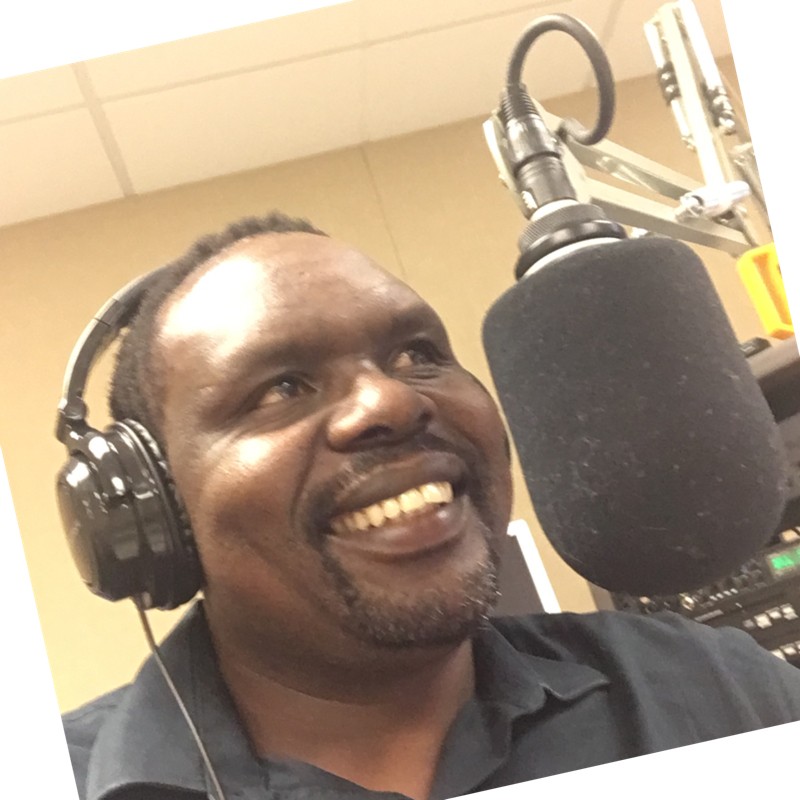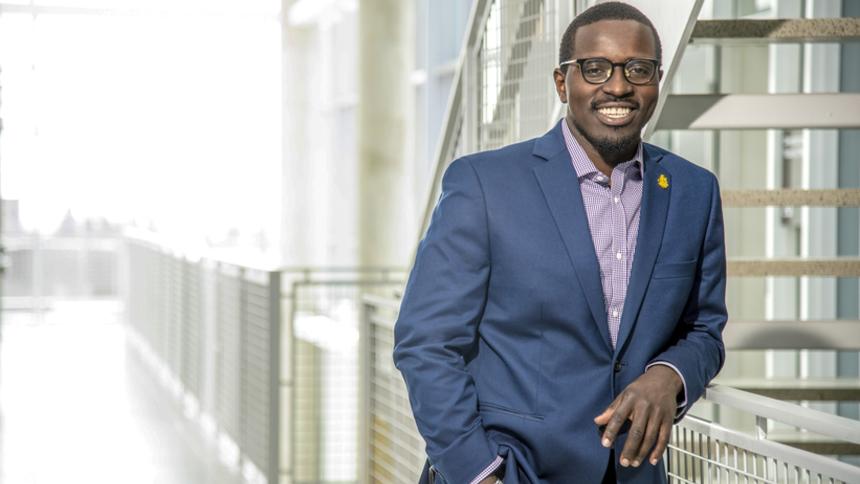Africans love Minnesota! Many of them make the state their home willingly; others resettle here because trouble in their home countries has forced them to flee. But all find hospitality and citizens willing to help them in times of need. All should be able to access that help with ease.
Minnesota has in place many local social service agencies catering to its new residents from Africa and other parts of the world. There are also numerous non-governmental organizations involved in efforts to make sure that the state’s new inhabitants go through a smooth transition as they struggle to navigate a system so strange to even people from other states.
This year, the Corporation for National & Community Service placed the Twin Cities at number one in volunteerism. The organization reported that between 2004 and 2006, nearly a million people donated time to help others.
As the generosity of Minnesotans continues to attract more immigrants to the state, there is dire need for several apparatus to make sure the manpower available to help immigrants is put to use effectively. Nowhere is such need urgent and necessary than in breaking the language barrier to make sure immigrants from non-English-speaking countries understand their rights and take advantage of the services that exist.
According to 2000 U.S Census, nearly 13 percent of Minnesota’s foreign-born population – 33,860 people – were people who were born in Africa. African immigrants in Minnesota contend that that estimate was too low. But no one disputes the fact that Minnesota’s African population continues to grow tremendously.
As Minnesota’s African immigrant numbers soar, local governments need to accord special attention to the community. Those who come from countries where English is not a primary or common language deserve priority. But it is the responsibility of those in the African immigrant community who are well informed and capable of organizing to push authorities to recognize the importance of such an undertaking.
Recently, an African woman of about 55 years old, who does not speak English, went to the rental office of her Section 42 low income housing apartment. With her, she had a notice sent by the management, asking her to vacate the apartment by October because she had failed to prove by an August deadline that her income remained below what the law requires to qualify for Section 42 housing.
It was obvious that she had difficulties understanding the notice, since she brought a 12-year-old boy to help facilitate communication between her and the property management staff. It was also evident that the boy was not doing his job well. How could he? He was only a child and translation is no easy task even to adults.
“You failed to bring the necessary paperwork by the deadline. You must move out by October,” the staffer repeatedly told the tenant.
The woman said something in her native language in protest, but the boy did not translate, at all. Without acknowledging the breakdown in communication, the staffer continued to yell at the woman and even threatened to call the police if she did not leave.
The boy gently pushed the woman out of the building.
Such incidents are not uncommon among immigrants. Local government authorities should do everything to make sure that messages intended for people who don’t speak English are delivered effectively. We are not asking for Somali, Amharic or Swahili to be added to every automated telephone greeting, but minor steps that may make African immigrants feel more welcome.
One such step might be to require companies that benefit from government contracts to have intercultural competence, in addition to diversity. For example, the property managers of a Section 42 apartment complex (they get tax credits) should be required to have translators – on site or on call – if a significant number of their tenants do not speak English. Another remedy would be to ensure that employees of such organizations take diversity and intercultural awareness training.
Such steps are simple to implement, but will not come to fruition unless African immigrants and community organizers advocate for changes.
About Edwin Okong'o - Mshale Contributing Editor
Edwin Okong'o is a Mshale Contributing Editor. Formerly he was the newspaper's editor.








